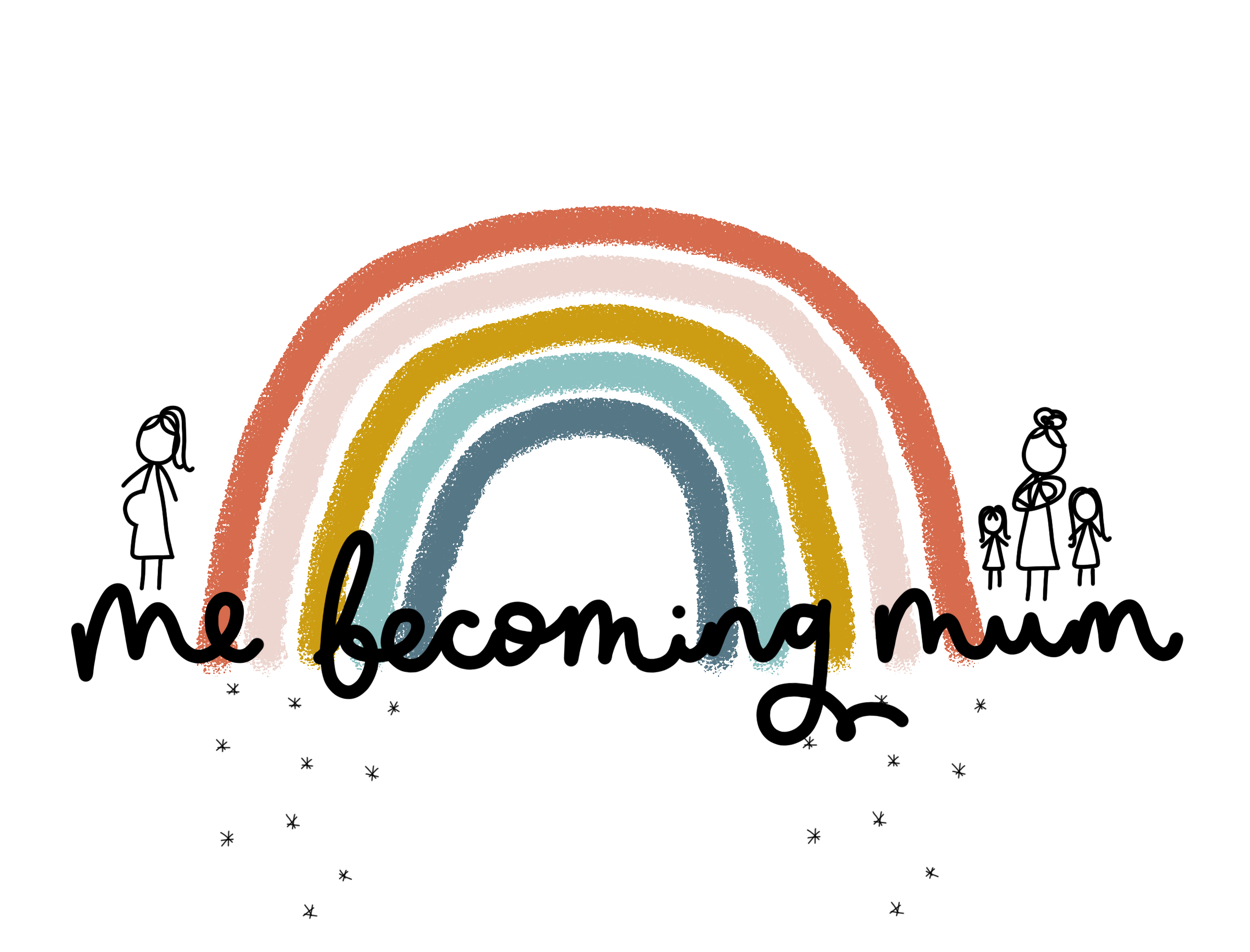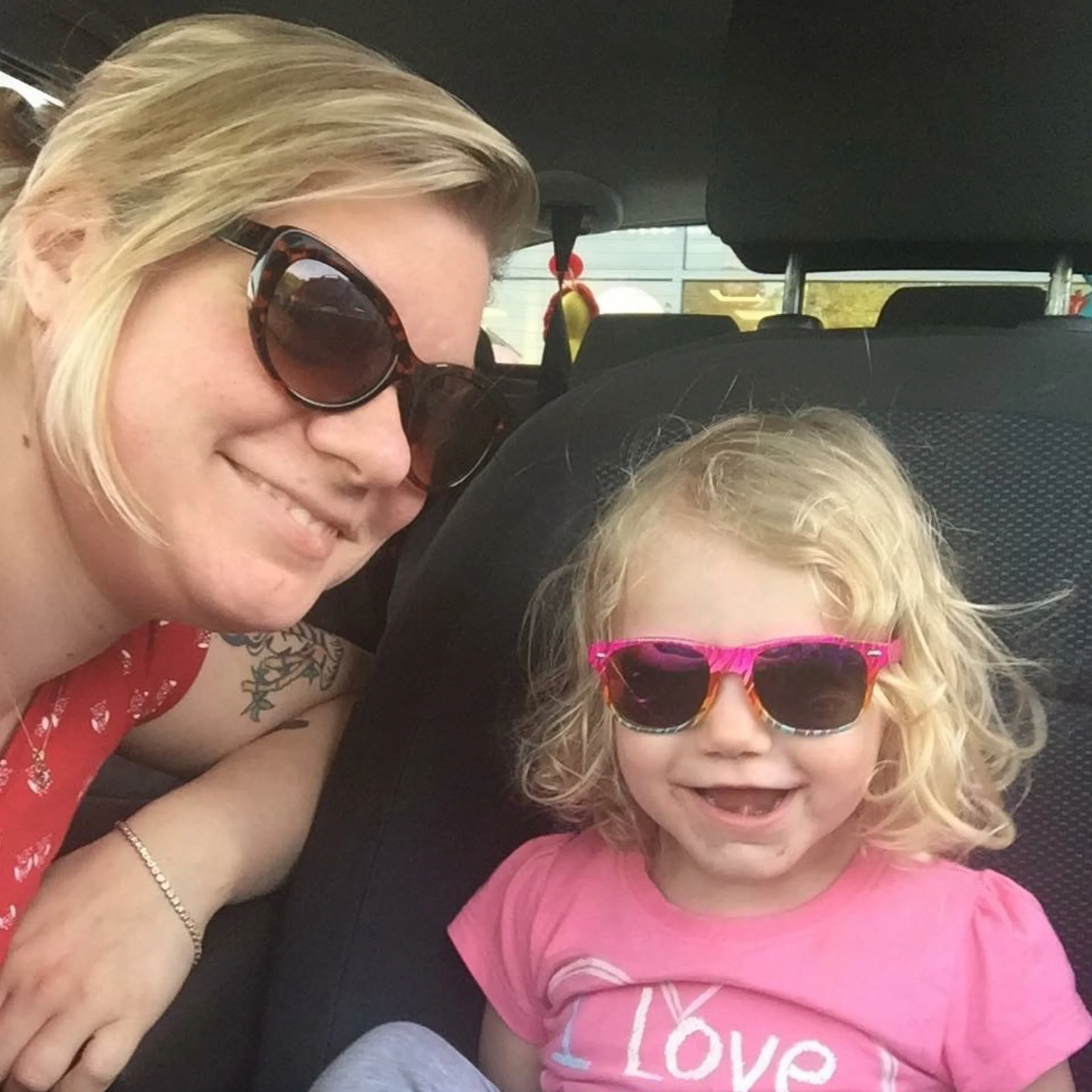What NOT to Say: Mental Health Edition
Trigger warning: This post discusses mental health including my own diagnoses of anxiety and postnatal depression.
My battle with PND and anxiety has been no secret. I have shared posts on my blog and social media over the last couple of years about my battle with my mental health. I was first diagnosed with PND and a severe anxiety disorder in 2018. A lot has happened since then; but my mental health illnesses although much better haven't disappeared.
This year has been a crazy one for all of us! As today is World Mental Health Awareness Day it seemed like a good time to talk about a few things you should never say to someone battling mental illness.
“You don't look ill.”
Unlike wandering around with a cast for a broken leg; there isn't a noticeable, physical sign for most of us with mental health battles. That doesn't mean it isn't there. Do I look OK to you here? Probably. Truth is I had a massive panic attack that morning. I was up before 5am having one of the worst starts to the day I'd had in a very, very long time. Often looks can be deceiving; so be kind.
“You should be grateful for…”
Reminding me I have a home, a job that's flexible (albeit I'm on maternity leave), or even that I have 3 beautiful children; isn't going to change my mental health status. Of course I am grateful for so many things, but mental illness is irrational. It can't be controlled. Just because I am grateful for my health or my family or any number of things doesn't mean that other stuff isn't going to trigger my anxiety.
“There are a lot of people who are worse off than you.”
As with the “be grateful" one, mental illness is not someone being selfish or self-centered. It's also not for lack of knowledge of economic, social or other privileges an individual may or may not have. It has everything to do with their own mental well-being.
“Calm down, you're just being silly.”
If there is anything that is going to help someone come back from a panic attack or other mental health episode; it certainly isn't this. If I could control my anxiety, I would. Telling someone to calm down, or that it's silly will probably only makes things worse.
“… But you're posting on social media.”
So, what? That means nothing is going on behind the scenes? How many times have you shown just one part of your house because there is mess elsewhere, or only told half truths because of pain or drama occurring. The photo I’m holding below was one I posted two years ago to say I was struggling, but not everyone will share that side of their life. It doesn't mean it doesn't exist.
“I get anxious too.”
Whilst you may think that this will make someone feel better; an anxiety disorder (or other mental health condition) is so much more than a little worrying. It‘s all consuming and takes over your life. In some cases it affects your ability to perform every day tasks. Comparing worry with a mental health disorder can make someone feel like their own feelings are invalid.
“You're making a big deal out of nothing.”
Trust me when I say that rational or not, any fear or anxiety or other reaction to a situation is very real, and not an overreaction. In that moment, it is overwhelming and whilst it may seem silly to you, it is very valid to them.
A Covid-19 bonus:
“Why aren’t you wearing a mask?”
It's none of your business. End of. OK, so there are some anti-maskers being idiots about it but equally there are those who cannot wear a mask. I know someone who was assaulted and had a hand held over their mouth, and cannot wear one because of the trauma. I myself wear one; but I can understand those with anxiety who don't. Sometimes, I have to run out the shop to take it off and breath, others I feel panicky and want to just take it off. Whatever their reason for not wearing one, it is theirs to know and not yours to question.
So, there you go. I hope this will make you think twice before saying some of these things to those you know are battling a mental illness. Now, why don't you read my post on how you can help and support those suffering mental health problems.
If you think you need some help, be sure to let someone close to you know as soon as possible. There is also plenty of support available including:
Your local GP who can direct you to the best course of action for your situation.
Mind, the mental health charity.



Here's some advice for things you shouldn't say when you know someone battling ill mental health.